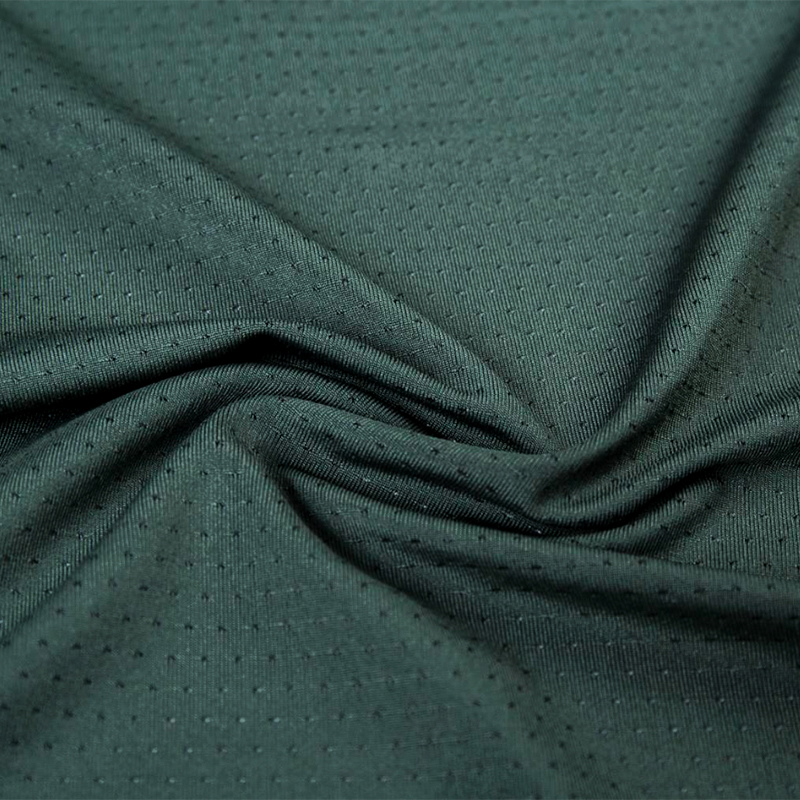Innovations in fiber blending are significantly enhancing the sustainability of sportswear knit fabrics through several key advancements:
Recycled Fibers:
Recycled Polyester and Nylon: Blending recycled polyester or nylon with new fibers reduces the need for virgin materials, lessening environmental impact. These recycled fibers are often sourced from post-consumer plastic bottles or industrial waste.
Recycled Cotton: Incorporating recycled cotton into blends helps minimize textile waste and reduces the demand for new cotton production, which can be resource-intensive.
Bio-Based Fibers:
Bio-Polyester: Developed from renewable resources like sugarcane, bio-polyester offers a more sustainable alternative to traditional petroleum-based polyesters.
Biodegradable Fibers: Fibers like polylactic acid (PLA) are made from plant materials and designed to break down more quickly than conventional synthetics, reducing long-term environmental impact.
Organic Fibers:
Organic Cotton: Blending organic cotton, grown without harmful pesticides or synthetic fertilizers, supports sustainable agriculture and reduces environmental pollution.
Organic Wool: Organic wool, produced from sheep raised without chemicals, contributes to sustainability while maintaining high performance in sportswear.
Performance Enhancements:
Eco-Friendly Treatments: Using environmentally friendly finishes and treatments, such as natural dyes or water-based coatings, helps reduce the ecological footprint of sportswear fabrics.
Low-Impact Dyeing: Innovations in dyeing processes, like using less water or non-toxic dyes, contribute to the overall sustainability of knit fabrics.

Functional Blends:
Blends with Algae or Hemp: Incorporating fibers derived from algae or hemp provides sustainable alternatives that are both eco-friendly and high-performance.
Sustainable Elastomers: Utilizing elastomers made from bio-sources or recycled materials enhances the fabric’s stretch and recovery while supporting sustainability goals.
Circular Economy Approaches:
Closed-Loop Systems: Developing knit fabrics that can be fully recycled at the end of their lifecycle supports a circular economy by reducing waste and promoting fabric reuse.
Upcycling Initiatives: Blending fibers from upcycled textiles or production scraps helps minimize waste and extends the life of materials.
Energy and Water Efficiency:
Efficient Manufacturing Processes: Innovations in fiber production and fabric manufacturing that reduce energy and water consumption contribute to the overall sustainability of sportswear.
Energy-Efficient Machinery: Investing in machinery that uses less energy during the production process helps lower the environmental impact of fabric manufacturing.
These advancements in fiber blending and fabric processing are driving the sportswear industry towards more sustainable practices, supporting both performance and environmental responsibility.



.jpg?imageView2/2/format/jp2)







